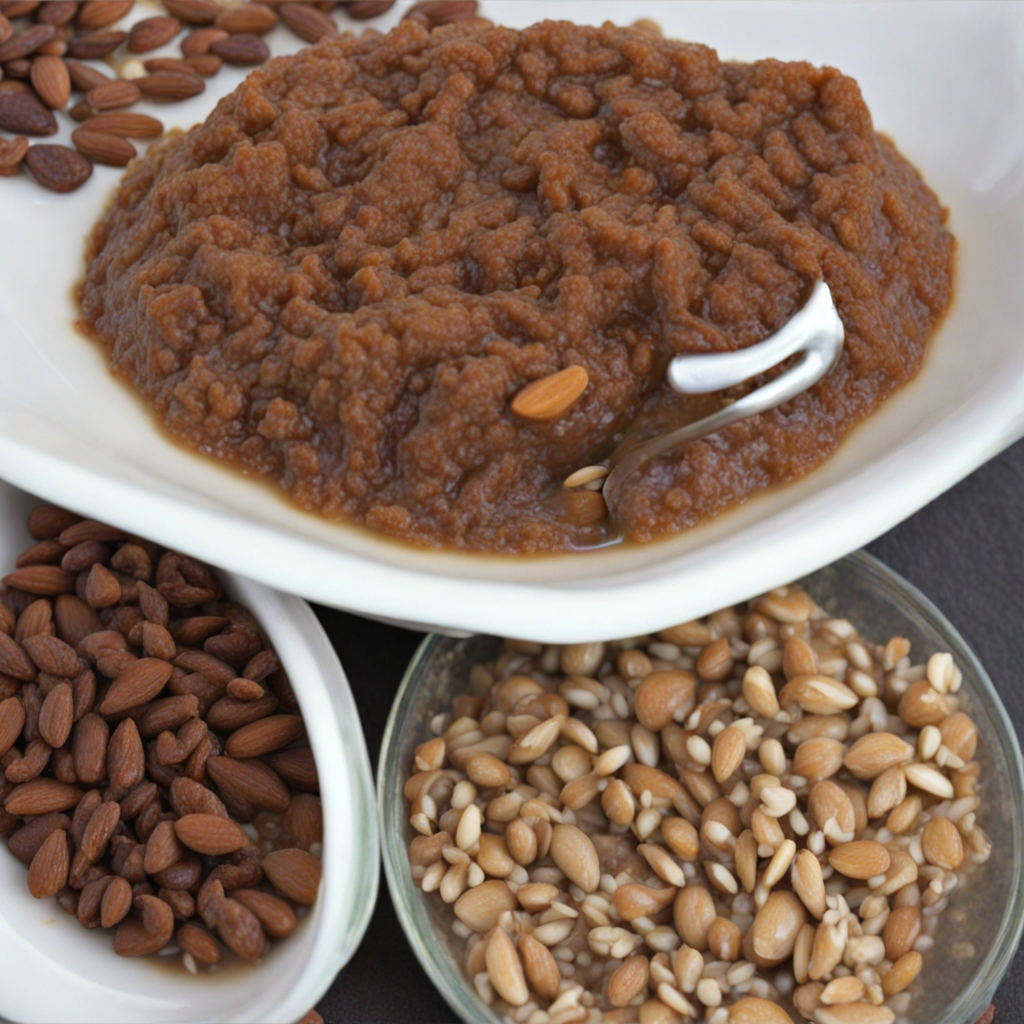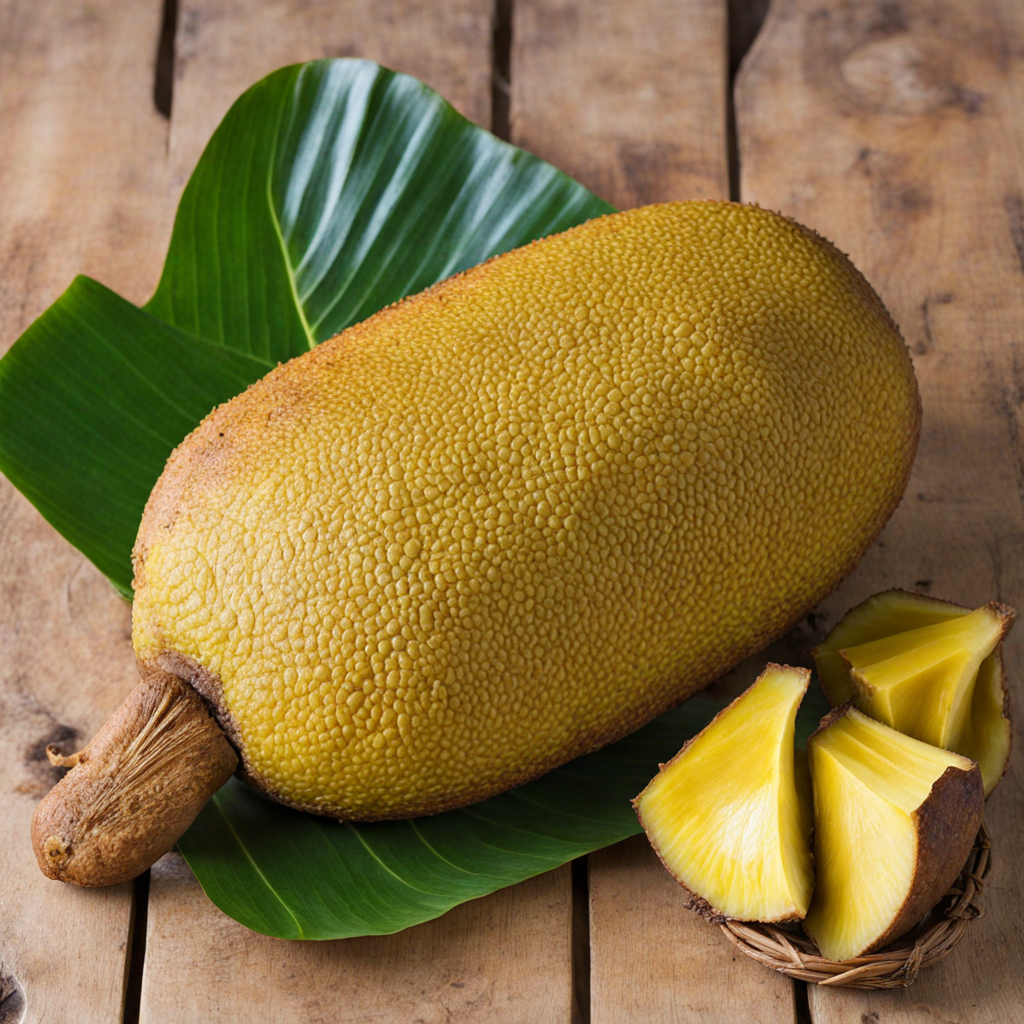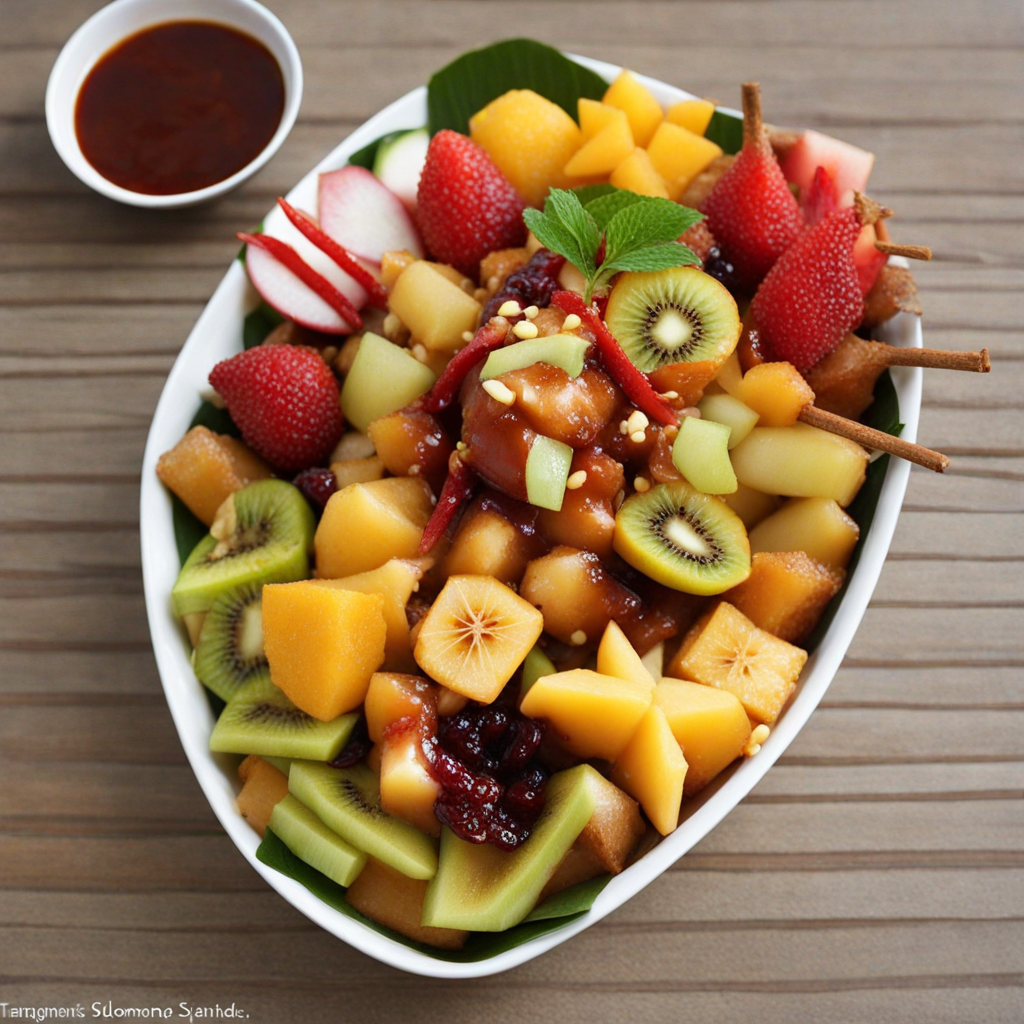Banana Cake
Banana Cake from the Solomon Islands is a delightful dessert that showcases the rich tropical flavors of the region. Made primarily with ripe bananas, this cake is incredibly moist and tender, offering a natural sweetness that makes it irresistible. The use of local ingredients, such as coconut and vanilla, enhances the cake's flavor profile, creating a harmonious blend of fruity and creamy notes. Each bite is a taste of the islands, with the bananas providing a soft texture and a hint of caramelization that elevates the overall experience. One of the unique aspects of Solomon Islands Banana Cake is its simplicity in preparation. Typically, the recipe involves mashing ripe bananas and combining them with flour, sugar, and eggs, resulting in a batter that is both easy to work with and deeply flavorful. Some variations incorporate grated coconut, adding a chewy texture and enhancing the tropical essence. The cake is often baked until golden brown, resulting in a beautiful crust that contrasts perfectly with its soft interior. This cake is not just a dessert; it embodies the spirit of the Solomon Islands' culinary traditions. Often enjoyed during celebrations or family gatherings, it serves as a reminder of the community and warmth found in island life. Served warm or at room temperature, Banana Cake pairs wonderfully with a scoop of vanilla ice cream or a drizzle of coconut cream, making it a versatile treat that invites everyone to indulge in its unique and delightful taste.
How It Became This Dish
The History of Banana Cake in the Solomon Islands Banana cake, a delightful and moist treat, holds a special place in the culinary landscape of the Solomon Islands. This tropical archipelago, consisting of nearly 1,000 islands, is not only known for its stunning beaches and rich biodiversity but also for its vibrant food culture that reflects the diverse heritage and traditions of its people. The history of banana cake in the Solomon Islands is intertwined with the local cultivation of bananas, the cultural significance of food in Solomon Islander society, and the evolution of traditional recipes into modern iterations. #### Origins: Bananas in the Solomon Islands Bananas are a staple food in the Solomon Islands, and their presence can be traced back thousands of years. The islands’ warm, humid climate provides an ideal environment for growing a variety of banana species, including the popular cooking banana, known as "green banana," and the sweeter dessert bananas. Bananas are deeply embedded in the daily lives of the Solomon Islanders, serving as a primary source of nutrition and a key ingredient in traditional dishes. The cultivation of bananas is not just about sustenance; it is also tied to cultural practices and social structures. Bananas are often used in ceremonial contexts, symbolizing fertility and abundance. They feature prominently in celebrations, feasts, and rituals, highlighting their importance in community life. As such, the transition of bananas from the field to the kitchen is steeped in tradition and reverence. #### The Emergence of Banana Cake The concept of banana cake likely emerged in the mid-20th century, reflecting the fusion of traditional cooking methods with modern baking techniques introduced through colonial influences and globalization. The arrival of Western baking practices in the Solomon Islands coincided with an increased availability of ingredients such as flour, sugar, and baking powder, which became more accessible due to trade and economic changes. Banana cake, as it developed in the Solomon Islands, is characterized by its moist texture and rich flavor, derived from ripe bananas that are mashed into the batter. The use of local bananas, often sweeter and more flavorful than those found in many Western countries, contributes to the distinctiveness of the cake. Recipes for banana cake typically include simple ingredients such as flour, sugar, eggs, and butter, along with baking powder and mashed bananas. Some variations incorporate coconut, nuts, or spices, adding additional layers of flavor and texture. The cake became popular not only as a dessert but also as a celebratory food item. It is often served at birthdays, weddings, and other festive occasions, symbolizing joy and community. As an embodiment of local resources and culinary creativity, banana cake represents the merging of traditional agricultural practices with modern culinary expressions. #### Cultural Significance Banana cake is more than just a delicious treat; it encapsulates the essence of Solomon Islander culture. Food in the Solomon Islands serves as a bridge between generations, preserving memories, stories, and traditions. Preparing and sharing banana cake fosters a sense of belonging and community, creating bonds among family and friends. It is a dish that brings people together, often enjoyed during gatherings or special events. Moreover, banana cake reflects the resourcefulness of the Solomon Islanders. In a region where access to imported goods can be limited, the ability to create a beloved dessert from locally grown ingredients showcases the ingenuity and adaptability of the people. Banana cake stands as a testament to sustainable cooking practices, allowing the community to utilize the abundant banana harvest in a delicious and meaningful way. #### Development Over Time As the years have progressed, banana cake has evolved in the Solomon Islands, adapting to changing tastes and influences. Globalization has introduced new flavors and techniques, leading to creative renditions of the traditional recipe. Modern bakers may experiment with various sweeteners, such as honey or palm sugar, and incorporate unique ingredients like chocolate or tropical fruits, providing a contemporary twist to this classic dish. In recent years, there has been a renewed interest in traditional foods, fueled by a growing awareness of cultural heritage and sustainability. Local initiatives aim to preserve traditional recipes while promoting the consumption of locally sourced ingredients. This movement has revived interest in banana cake, encouraging younger generations to embrace their culinary heritage while experimenting with new ideas. The rise of social media has also played a significant role in the evolution of banana cake. Platforms like Instagram and Facebook have allowed home bakers and chefs to share their creations, showcasing the diversity of banana cake recipes from the Solomon Islands and beyond. This exposure has not only sparked interest in traditional baking practices but has also fostered a sense of pride in local cuisine, encouraging individuals to celebrate and promote their culinary roots. #### Conclusion The history of banana cake in the Solomon Islands is a rich tapestry woven from the threads of agricultural heritage, cultural significance, and culinary evolution. From its origins rooted in the local banana cultivation to its status as a beloved dessert for celebrations, banana cake is a reflection of the Solomon Islander identity. It celebrates the bounty of the land and the creativity of its people, serving as a symbol of community, resilience, and adaptation. As the Solomon Islands continue to navigate the complexities of modernity while cherishing their traditions, banana cake remains a cherished part of their culinary legacy. It is a dish that not only satisfies the palate but also nourishes the spirit, reminding all who partake of its sweetness of the rich cultural heritage that defines the Solomon Islands. Through each slice of banana cake, the stories of the land, its people, and their shared history are lovingly preserved and celebrated.
You may like
Discover local flavors from Solomon Islands







